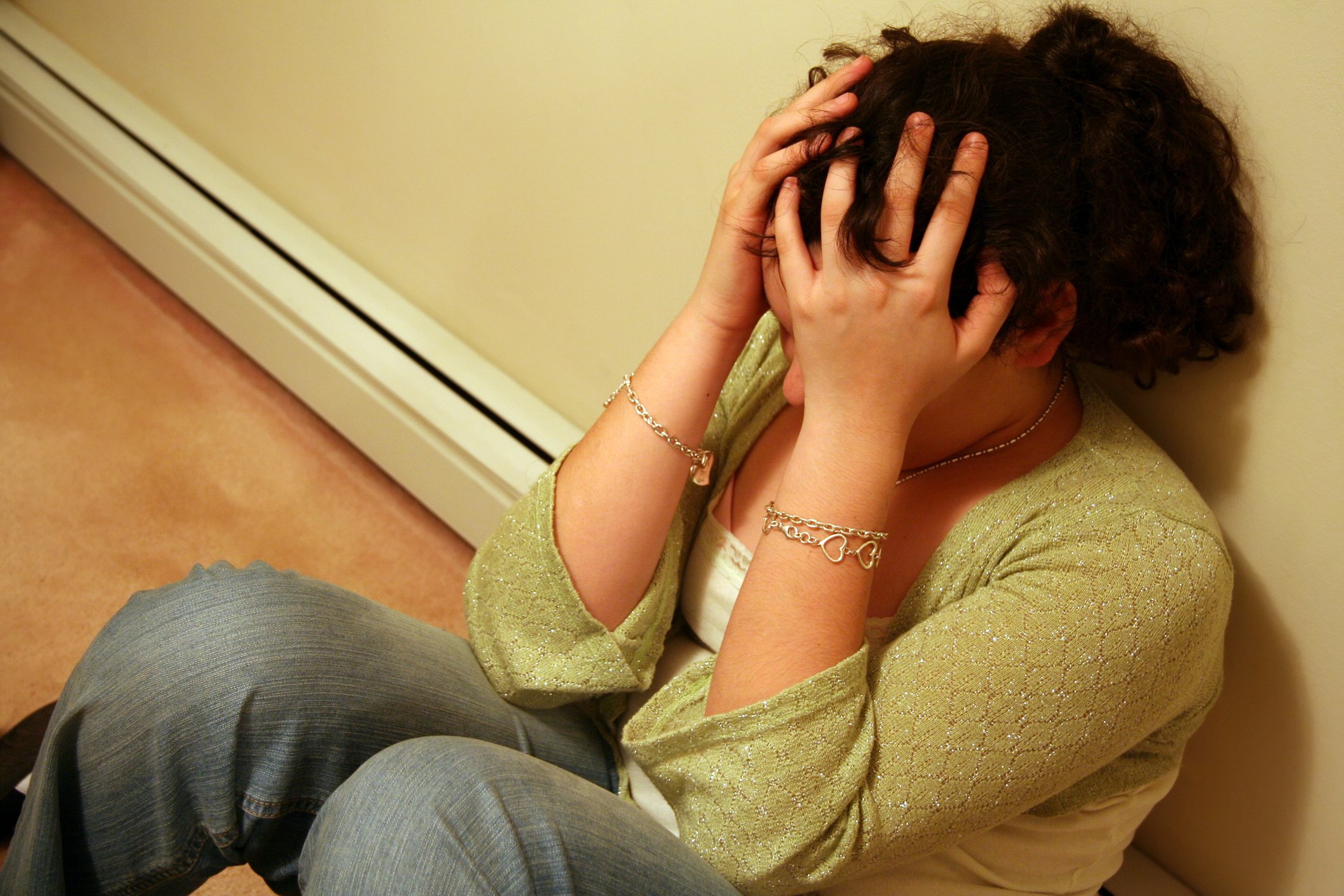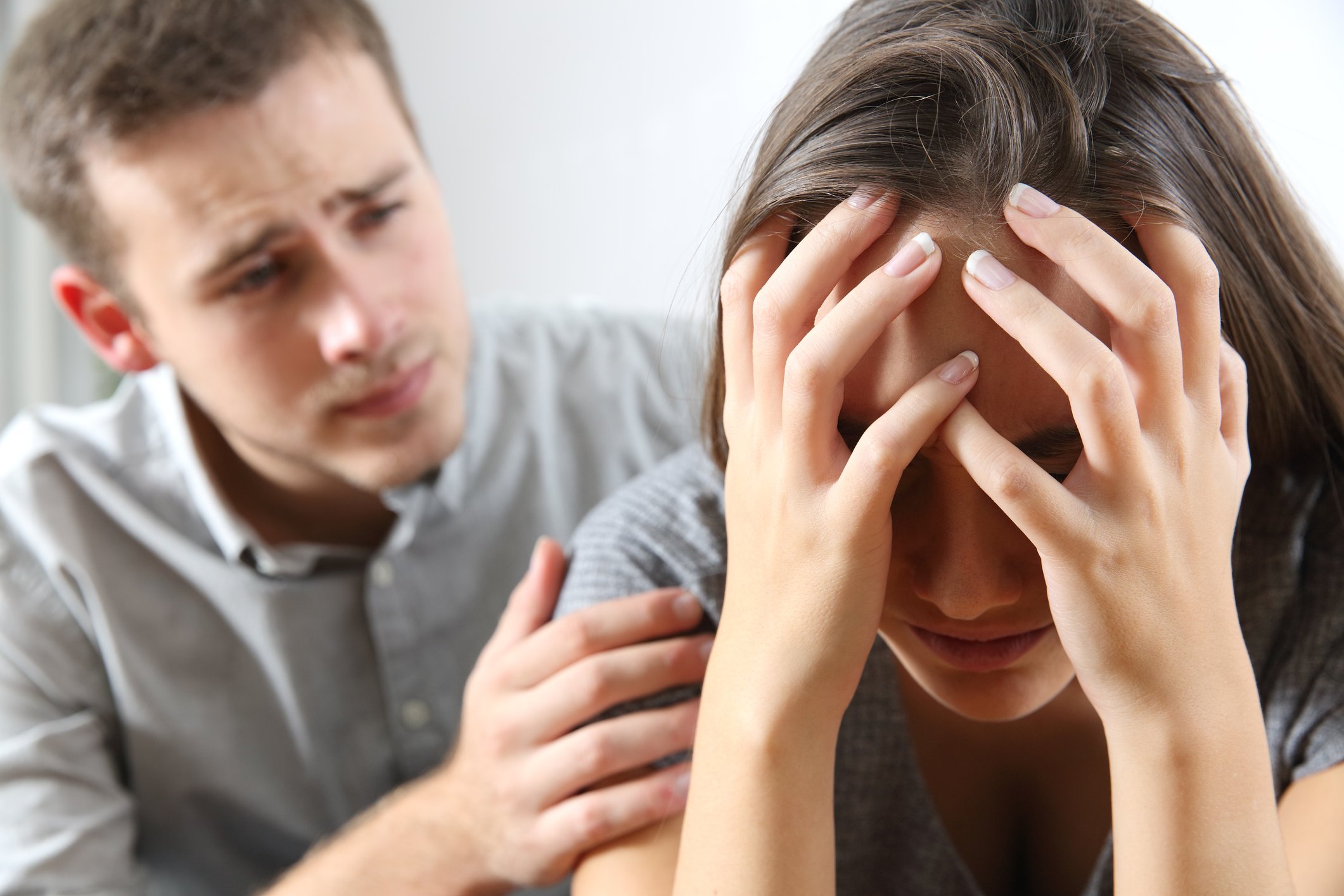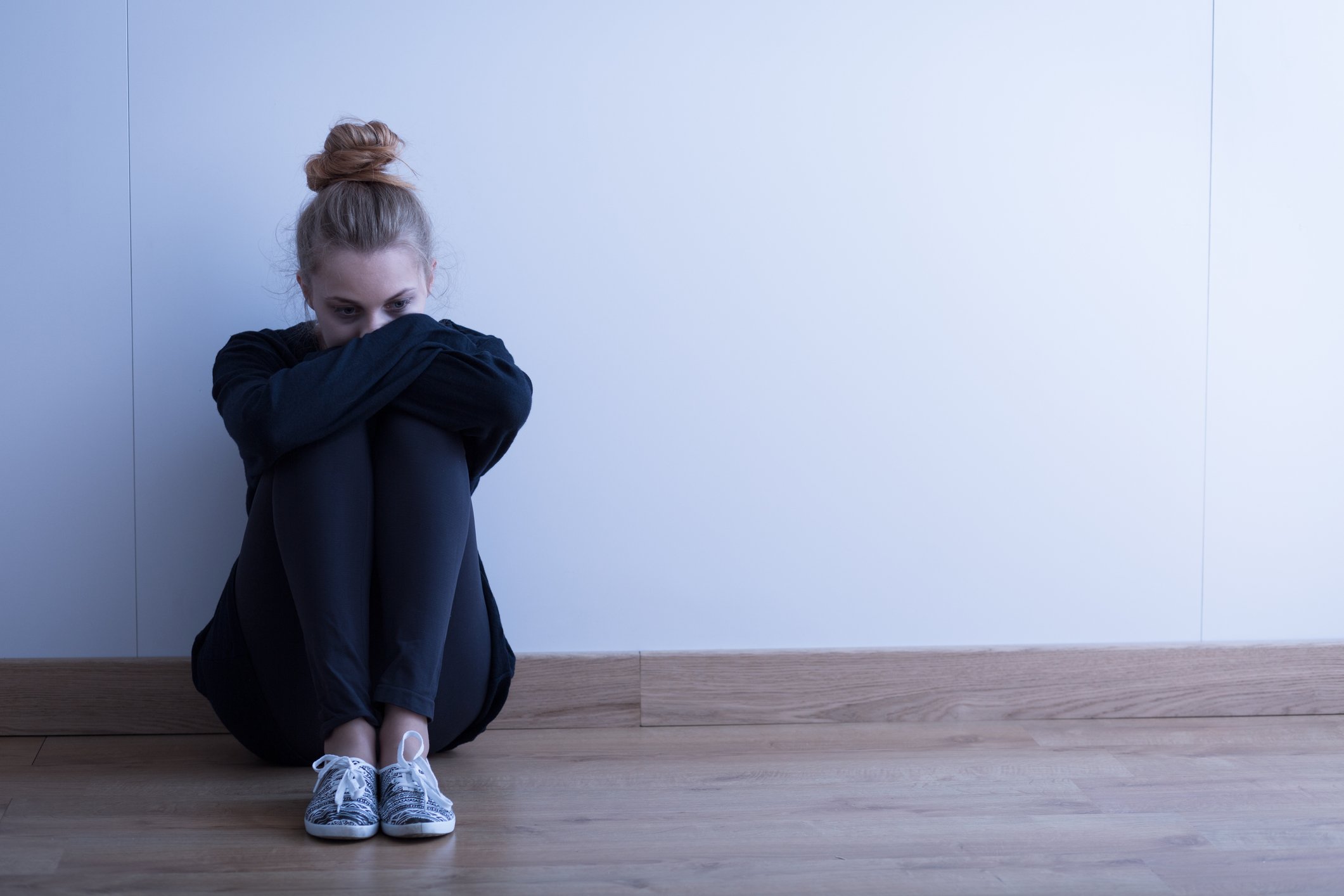Let’s Talk About Depression: What It Really Means
Introduction
Let’s get real for a second: the word “depression” gets thrown around a lot. "I'm so depressed" is something people say when they’re having a bad day or got a rubbish grade on a test. But actual depression — the kind that sticks with you and changes how you see yourself and the world — is much deeper than that.
This article is here to break it down. No boring textbook stuff. Just the truth about what depression really means, how it can affect you or someone you care about, and what you can actually do about it.
What Depression Really Is
Depression isn’t just about feeling sad or having a rough week. It’s a mental health condition that affects how you think, feel, and act — sometimes for weeks, months, or even longer.
It can look different for everyone, but some key signs include:
Feeling low, empty, or hopeless most days
Losing interest in things you used to enjoy
Being tired all the time, even after sleeping
Struggling to concentrate or make decisions
Wanting to be alone or avoiding people
Feeling like you’re not good enough — or like nothing matters
And here’s the tricky part: some people with depression don’t even look sad on the outside. They might laugh with friends, post selfies, and say "I'm fine" — all while feeling completely numb inside.
“Depression is a medical condition. It impacts mood, energy, thinking, and behaviour, and it requires care just like any physical illness.”
The Many Faces of Depression
There’s no one-size-fits-all version of depression. Here are a few types that people (including teens) can experience:
Major Depressive Disorder – deep sadness or emptiness that sticks around for weeks or longer.
Persistent Depressive Disorder – a longer-term low mood that might not be intense, but just won’t go away.
Seasonal Affective Disorder (SAD) – feeling more depressed during certain seasons, like winter.
Situational Depression – triggered by tough life events like a breakup, bullying, or grief.
Whatever type it is, it’s real — and it’s valid.
What Causes Depression?
There’s no single reason why someone gets depression. Usually, it’s a mix of things:
Biology: Some people are born more likely to experience it (it can run in families).
Brain Chemistry: Depression can be linked to imbalances in the brain’s chemicals (like serotonin).
Life Stuff: Stress, trauma, bullying, family issues, academic pressure — all these things can build up.
Low Self-Esteem or Loneliness: Feeling like you don’t belong or aren’t "good enough" can really impact your mental health.
You don’t need to have a “big reason” to feel depressed. Your feelings are valid — even if you don’t fully understand them.
How to Spot It in Yourself or Others
It’s easy to miss the signs, especially when you’re trying to act "normal." Here’s what to watch for — in yourself or someone else:
Withdrawing from friends or school activities
Snapping at people more often or seeming more irritable
Sleeping too much or not enough
Saying things like “what’s the point?” or “I wish I could disappear”
Using alcohol, drugs, or risky behaviour to cope
Self-harm or talk of hurting themselves
If that sounds familiar — whether it’s you or someone you care about — it’s time to reach out.
What Can Help?
Here’s the good news: depression is treatable. It might not be an overnight fix, but small steps make a huge difference. Here’s what can help:
Talk to someone. A parent, teacher, school counsellor, or GP. You don’t have to face this alone.
Therapy. Cognitive Behavioural Therapy (CBT) is one of the most common treatments for teens. It helps you challenge negative thought patterns and build coping skills.
Routine. Regular sleep, movement, and eating can stabilise your mood.
Stay connected. Even when you don’t feel like it, keeping some kind of contact with trusted people helps.
Online support. Platforms like Kooth (free, anonymous support for teens) can be a good first step.
Final Thought
Depression can make you feel like you're broken, weak, or invisible — but none of that is true.
It’s an illness, not a failure.
And just like with any illness, you deserve support, care, and a way to heal.
There are better days ahead. This might be a chapter in your life, but it doesn’t have to be the whole story. Keep going.
FAQ’s
-
If your low mood lasts more than two weeks, starts affecting your school, sleep, or relationships, or makes it hard to enjoy anything, it could be depression. Trust how you feel — and speak to someone about it.
-
Sometimes mild depression can lift, but often it sticks around or gets worse without help. The sooner you reach out, the better your chances of feeling better faster.
-
Take them seriously. Let them talk. Encourage them to speak to an adult or mental health professional. And check in — even a message like “thinking of you” can go a long way.
-
Yes. For some teens, doctors recommend antidepressants alongside therapy. It’s not a weakness — it’s a tool that helps your brain find balance. Always follow professional advice.
-
Yes — and that doesn’t mean your depression isn’t real. Depression comes in waves, and moments of light don’t erase the struggle. You’re still allowed to smile, enjoy things, and be yourself.









